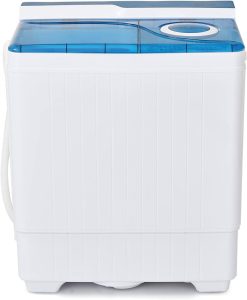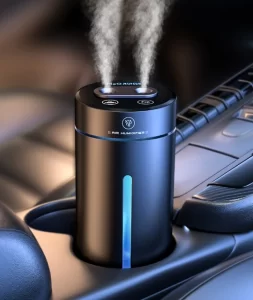Are washing machines easy to fix?
Introduction
When a washing machine encounters issues or malfunctions, many homeowners wonder whether fixing it themselves is a viable option. While some minor problems can be addressed with DIY repairs, others may require professional intervention. In this comprehensive guide, we will delve into the ease of fixing washing machines, exploring different factors that influence repairability. By understanding the complexity of common washing machine issues and considering your skill level and available resources, you can make an informed decision about whether to tackle repairs yourself or seek professional help.
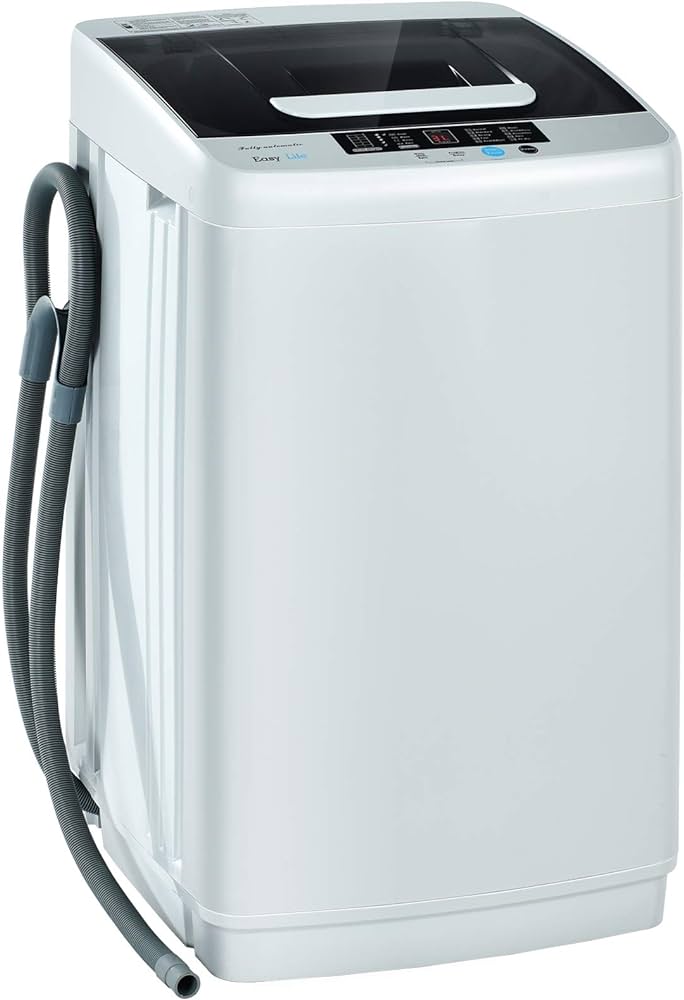
Are washing machines easy to fix?
Understanding Washing Machine Mechanisms
1.1. Mechanical and Electrical Components
Washing machines consist of various mechanical and electrical components that work in harmony to facilitate cleaning and rinsing of clothes. These components include motors, pumps, belts, valves, switches, and control panels. Understanding their purpose and how they interact is crucial when attempting repairs.
1.2. Complexity of Modern Machines
Modern washing machines have become increasingly complex, incorporating advanced technologies and electronic controls. These advancements can make some repairs more challenging, especially for those with limited technical expertise.
1.3. Accessibility and Component Locations
Washing machine designs vary, affecting the accessibility of components. Some machines have easily accessible parts, allowing for straightforward repairs, while others require dismantling various layers to access specific components.
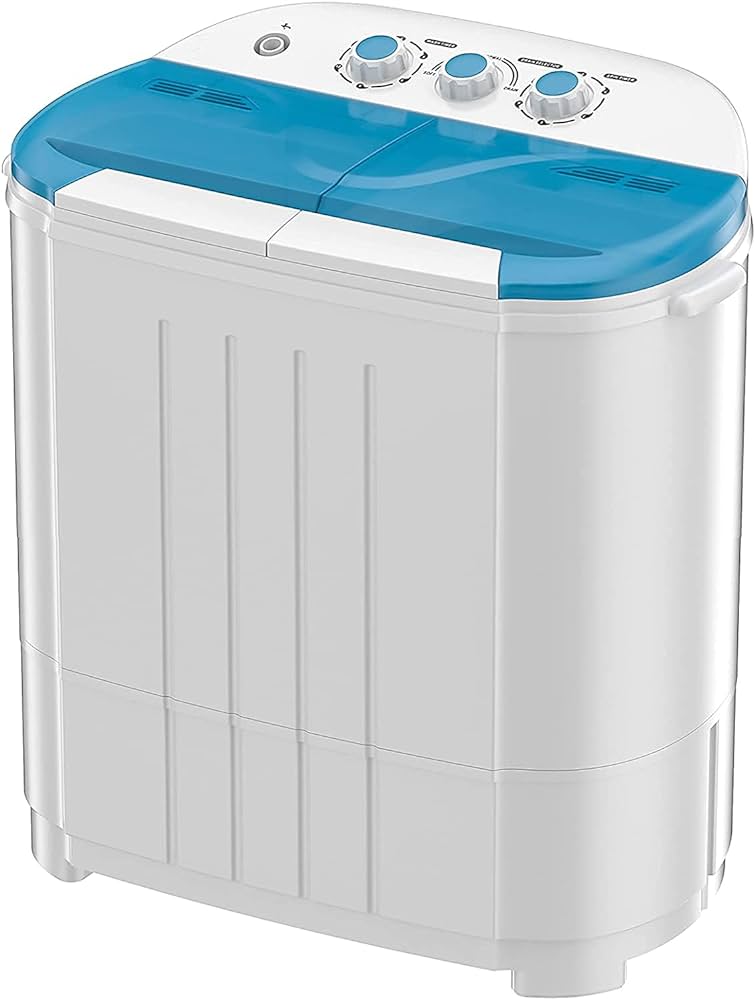
Common Washing Machine Issues
2.1. Water Leaks
Water leaks are a common problem that can occur due to issues with hoses, valves, pumps, or the seal around the door. The level of difficulty in fixing a leak depends on the precise location and severity of the leak.
2.2. Drainage Problems
Drainage issues can arise from clogged filters, debris in the drain pump, or malfunctions in the drain hose. Unclogging or replacing affected parts can often resolve drainage problems.
2.3. Unbalanced Loads and Vibrations
Washing machines may become unbalanced, leading to excessive vibrations and movement during operation. Adjusting load distribution or addressing issues with the suspension system can help rectify this problem.
2.4. Control Panel Malfunctions
Control panels may experience issues such as unresponsiveness, error codes, or faulty buttons. Simple problems like loose connections or debris can often be resolved with basic cleaning or tightening.
2.5. Motor or Belt Problems
Motor or belt issues can result in unusual sounds, such as grinding or squeaking, or a drum that fails to rotate. Diagnosing and replacing faulty components can restore normal functionality.
DIY Repairs: Factors to Consider
3.1. Personal Skill Level
DIY repairs are more feasible for individuals with a certain level of technical aptitude and familiarity with tools and machinery. Assess your skill level and comfort working with mechanical and electrical components before attempting repairs.
3.2. Safety Considerations
Ensure your safety by following proper precautions, such as disconnecting power, wearing appropriate protective gear, and understanding how to handle potentially hazardous components like electrical wiring or pressurized hoses.
3.3. Technical Resources
Resources such as online tutorials, repair manuals, or video guides can provide step-by-step instructions and visual demonstrations of specific repairs. Utilize these resources to gauge the complexity of the repair and determine if it aligns with your skill level.
3.4. Tools and Equipment
Having the necessary tools and equipment is crucial for successful DIY repairs. Basic tools like screwdrivers, pliers, and wrenches are often required, along with specialized tools that may be specific to your washing machine model.
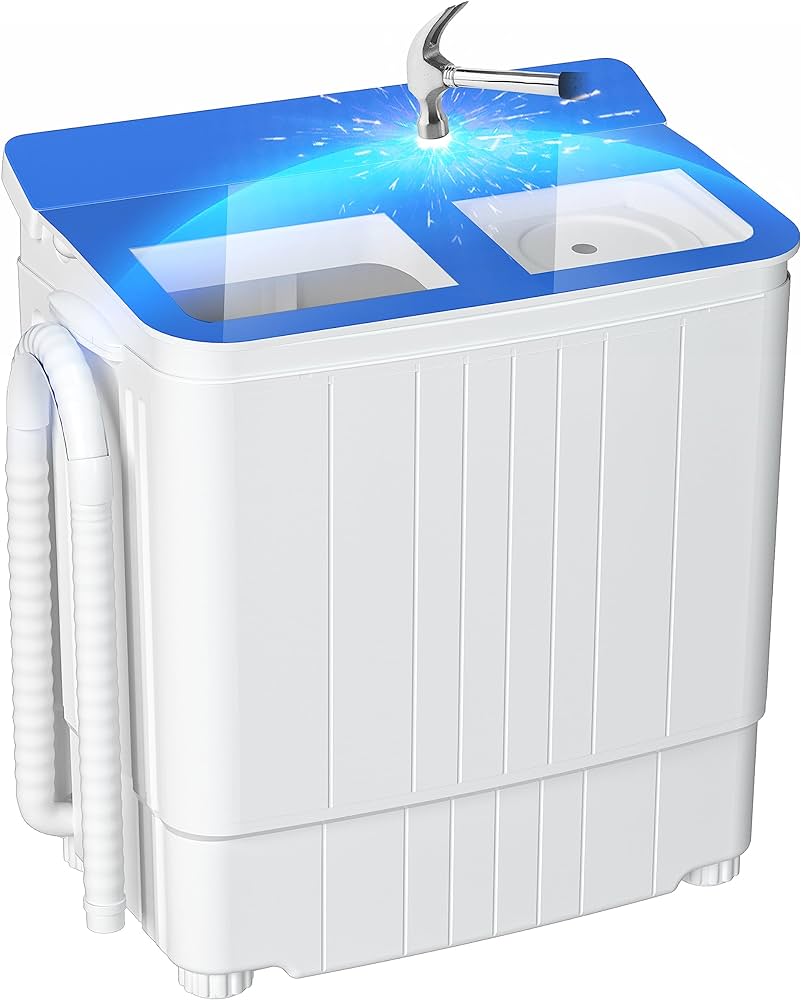
Professional Repairs and Expertise
4.1. Experience and Expertise
Professional technicians possess specialized knowledge and experience in diagnosing and repairing washing machines. They are equipped to handle a wide range of complex issues and can offer insights and solutions that may not be readily accessible to DIY repairers.
4.2. Warranty Considerations
If your washing machine is under warranty, attempting repairs yourself may void the warranty. In such cases, it is advisable to consult the manufacturer or an authorized service provider to address any issues.
4.3. Time and Convenience
Professional repairs can save you time and effort, particularly when dealing with intricate repairs or multiple issues. Technicians are equipped to diagnose problems efficiently and have access to genuine replacement parts, further streamlining the repair process.
Cost Considerations
5.1. DIY Repair Costs
DIY repairs can be cost-effective, particularly when dealing with minor issues that only require basic tools and replacement parts. However, there is a risk of additional expenses if repairs are not successful or if further damage is inadvertently caused.
5.2. Professional Repair Costs
Professional repairs typically involve upfront costs that cover labor, diagnostics, and replacement parts. While they may appear more expensive, professional repairs offer expertise and ensure proper resolution of the issue. It is important to weigh the cost against the complexity of the repair and the potential for further damage if not handled correctly.
5.3. Total Machine Lifespan
Consider the overall lifespan of your washing machine when evaluating repair costs. If your machine is nearing the end of its expected lifespan, it may be more cost-effective to replace it rather than investing in extensive repairs.
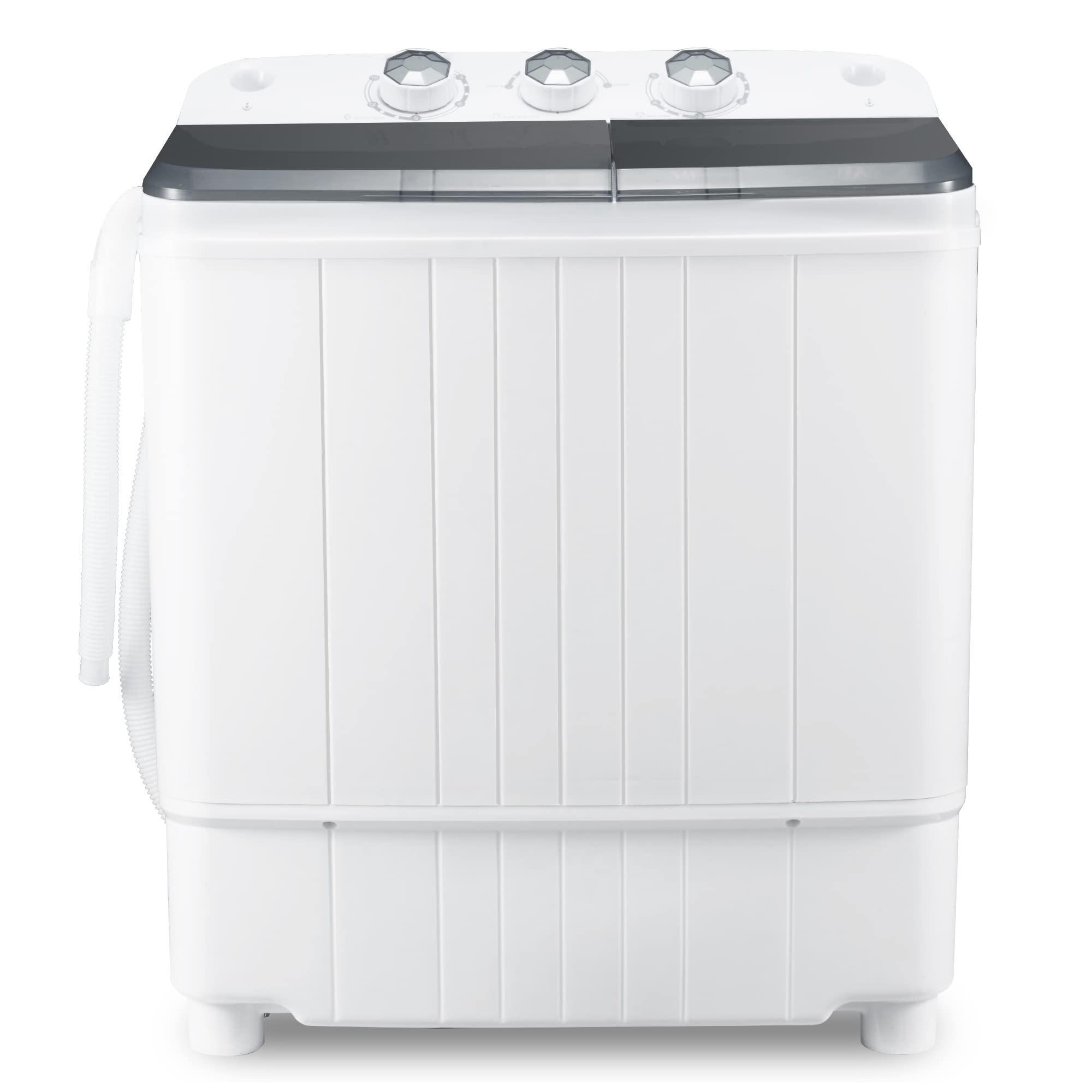
Maintenance Practices to Preserve Washing Machine Performance
7.1. Regular Cleaning
Routine maintenance and cleaning of your washing machine can help prevent the build-up of dirt, lint, and detergent residue. Wipe down the interior drum, door seal, and detergent dispenser regularly using a mild detergent or vinegar solution. Additionally, periodically run an empty cycle with hot water and a cleaning agent specifically designed for washing machine maintenance.
7.2. Proper Loading
Improper loading can strain the machine and lead to unbalanced loads. Avoid overloading the machine or placing excessive weight on one side. Distribute clothes evenly to ensure balanced rotations during the wash and spin cycles.
7.3. Mindful Detergent Usage
Using too much detergent can result in excessive suds, leading to residue build-up and strain on the machine’s components. Follow the manufacturer’s guidelines regarding recommended detergent type and quantity for your specific machine.
7.4. Check and Clean Filters
Many washing machines have filters that trap lint, hair, and other debris. Regularly inspect and clean these filters to prevent clogs and maintain optimal performance. Consult the user manual for instructions on locating and cleaning the filters.
7.5. Protect Against Hard Water
If you live in an area with hard water, consider using a water softener or a water conditioner to minimize the impact of mineral deposits on your washing machine. Hard water can cause scale build-up and reduce the machine’s efficiency over time.
7.6. Regular Inspections
Periodically inspect the hoses and connections for signs of wear, damage, or leaks. Replace any worn or damaged hoses immediately, and ensure the connections are secure and tight.
7.7. Maintain Proper Ventilation
Washing machines generate heat and moisture during operation. Ensure the area around the machine is well-ventilated to prevent the build-up of moisture, mold, and mildew. Leave the door slightly ajar after use to allow air circulation and moisture to evaporate.
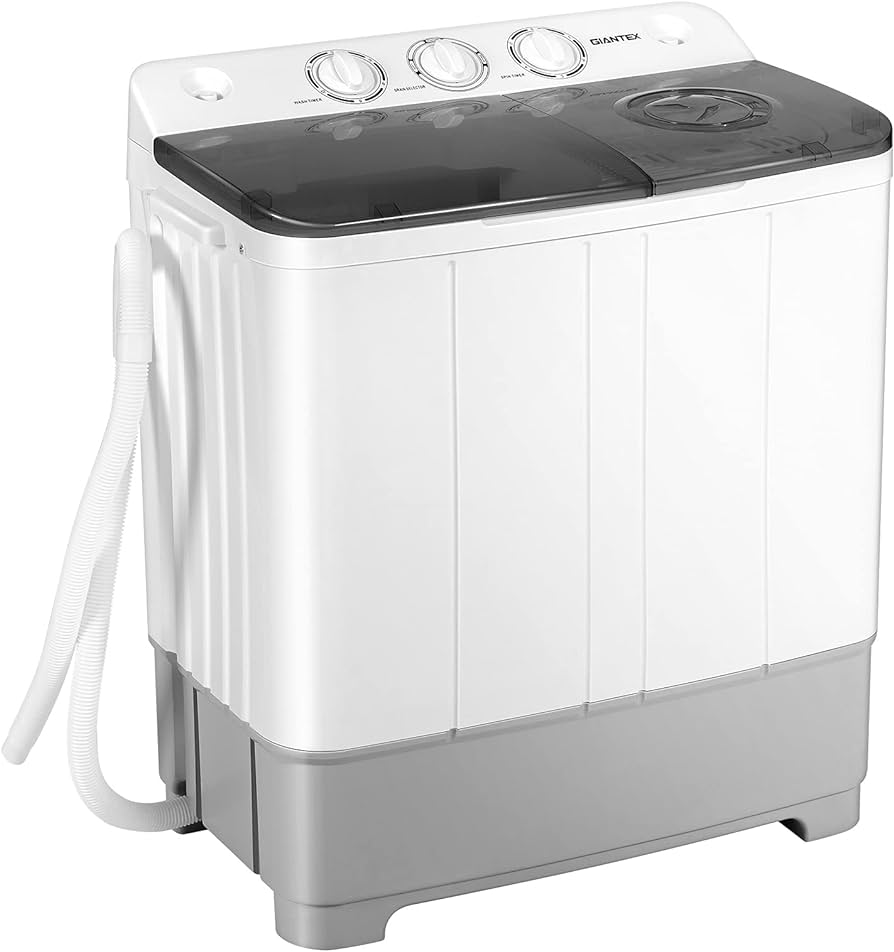
Conclusion
Fixing a washing machine yourself can be feasible for minor issues and for those with a certain level of technical expertise. It is crucial to consider factors such as the complexity of the issue, your skill level, available resources, and safety considerations. In many cases, professional repairs are recommended for complex issues, warranty-covered repairs, or situations where expertise is required. Striking a balance between cost, convenience, and the desired outcome will help you determine the best course of action for repairing your washing machine.
